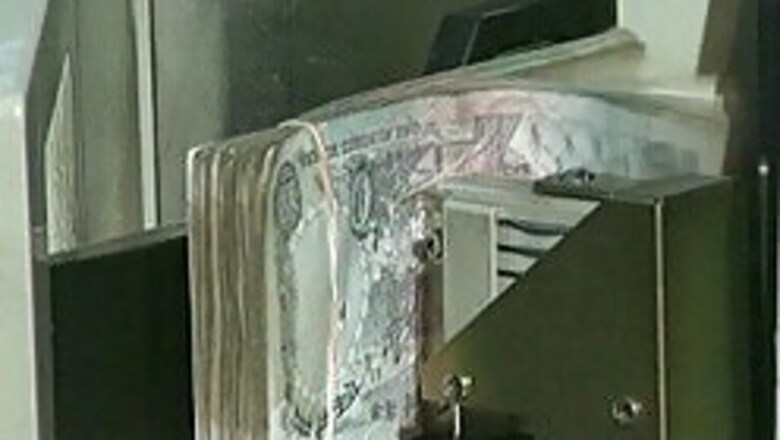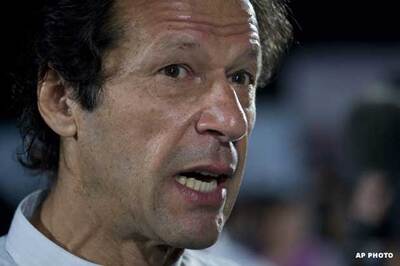
views
New Delhi: Survey asked the government to maintain a check on interest rates and high credit demand coupled with uncertain prospect of inflation and surging global oil prices may exert pressure on them.
Enthused by a 17 per cent increase in credit offtake and the resultant economic boom, the Economic Survey asked the government to maintain a check on interest rates, saying the high demand coupled with uncertain prospect of inflation and surging global oil prices
could exert pressure on them.
The pressure on interest rates makes a case for release of the required liquidity by the Reserve Bank through the market stabilisation scheme, the Survey presented in Parliament said, while complimenting the authorities for timely steps to keep the liquidity under check during the current fiscal.
The document said uncertainty regarding inflation due to volatile global oil prices and continued firming up of global interest rates beyond a point, poses the risk of dampening the domestic investment boom.
The upbeat growth trend of 8.1 per cent in the first half of 2005-06 has been reflected in a steady increase of 17.5 per cent in net domestic credit from the banking system from Rs
19,84,330 crore on January 21, 2005 to Rs 23,32,326 crore on January 20, 2006, the Survey said.
Bank credit disubrusal during 2004-05 was well diversified across different sectors of the economy, with flows to housing and retail sector particularly strong and and a substantial pick up in flows to agriculture. The advances to priority sector rose by a whopping 49.4 per cent till October end of this fiscal.
This presents both opportunities and challenges to all the stakeholders in the financial sector as excessive credit without adequate safeguards could lead to some erosion in credit quality, the survey said.
There may be a need for further capitalisation of banks and for developing strict management techniques and methods of prudent evaluation of investment proposals, the Survey said.
Asset quality of banks registered significant improvements simultaneously with the rapid increase in the quantum of credit to the commercial sector. Gross NPAs of commercial banks declined to 5.2 per cent at end-March 2005 from 7.2 per cent a end-march, 2004.
So far, banks have been able to finance the credit boom efficiently with a credit adequacy ratio of 12.8 per cent considerably higher than 8 per cent required by Basel norms and 9 per cent as stipulate by RBI.
But by end-March 2007, banks are required to conform to Basel II norms, and this will require additional capitalisation. Recent guidelines issued by the RBI for raising additonal capital funds through the issue of innovative perpetual debt instruments, without impinging on government equity structure in PSBs, will help banks acquire Basel II norms.
While non-food credit by scheduled commercial banks expanded by Rs 2,66,857 crore up to January 20, 2006 this fiscal, up 25.2 per cent from Rs 1,68,188 crore in the corresponding period of the last fiscal, food credit declined by Rs 2,778 crore during 2005-06 up to January 20, 2006 because of lower procurement and lower stocks of Food Corporation of India after a lean agricultural year, the Survey said.
The flow of credit to agriculture would be doubled in the ensuing three years as per the farm credit package announced by the government, it said.
With PTI inputs




















Comments
0 comment